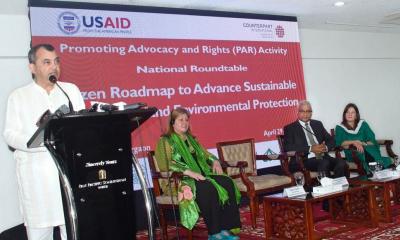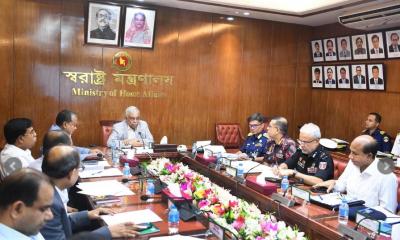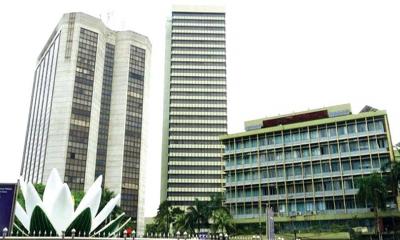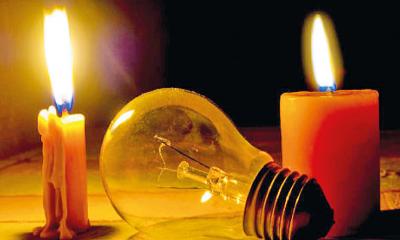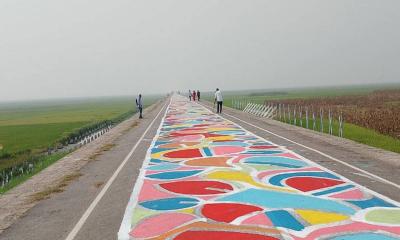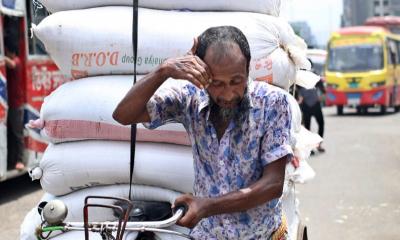The dengue situation might worsen in the months of August and September, according to health experts.
Despite the government`s visible preventive measures, the numbers of cases and fatalities from dengue fever are rising day by day as a record number of dengue cases and deaths were reported in the country in the first six months of this year, reports UNB.
According to experts, the pattern of Aedes mosquitoes has changed as it has now become much “smarter” than before.
Prof. Dr. Kabirul Bashar, Entomologist of Jahangirnagar University, said, “The dengue situation may worsen in the running month. During our research in the laboratory, we make a model after analyzing some factors, including the density of Aedes mosquito population, number of dengue patients, temperature, humidity and rainfall. It is clear that the dengue situation may worsen in the coming days. It could take a serious turn in the months of August and September.”
“At this moment it is important to manage dengue hotspots and use fogging to combat Aedes mosquitoes in those areas where dengue has already spread. In that case, the authorities can detect the infected people through their address and kill the mosquitoes through fogging machines, because as long as these mosquitoes remain alive, dengue will spread in all the areas,” he said.
He also urged city dwellers to combat dengue and ensure that Aedes mosquitoes do not accumulate in their homes and yards.
55 wards in Dhaka at high risk
According to a survey conducted in 98 wards — under Dhaka North and South city corporations — by the Directorate General of Health Services (DGHS), from June 18 to 27, 55 wards are at high risk of dengue.
During the survey in 40 wards of Dhaka North City Corporation and 58 wards in South City Corporation, Aedes larvae were found in 43.53% multipurpose buildings, 21.31% houses and 18.21% under construction buildings.
The wards which are at high risk of dengue under Dhaka North City Corporation (DNCC) are: No 2, 3, 5, 6, 10, 13, 14, 15, 16, 17, 18, 19, 20, 21, 22, 23, 25, 26, 27, 28, 29, 30, 31, 33, 35, 37 and 38. The areas include Mirpur, Pallabi, Mazar Road, Pirer Bagh, Monipur, Shewrapara, Kafrul, Ibrahimpur, Khilkhet, Kuril, Joar Shahara, Banani, Gulshan, Baridhara, Mohakhali, Rampura, Khilgaon, Malibagh, Karwanbazar, Tejturi Bazar, Agargaon, Mohammadpur, Baitul Aman, Moghbazar, Iskaton and Badda.
The wards which are at high risk of dengue under Dhaka South City Corporation (DSCC)are: No 2, 3, 4, 5, 6, 9, 11, 12, 13, 15, 16, 18, 19, 22, 23, 26, 33, 34, 36, 41, 44, 46, 48, 50, 51, 54, 55 and 57. The areas include Goran, Meradia, Basabo, Sabujbagh, Mugda, Madartek, Fakirapool, Arambagh, Shahjahanpur, Rajarbagh, Old Paltan, Baitul Mukarram, dhanmondi, Rayerbazar, Nilkhet, Science Laboratory, Elephant Road, Minto Road, Kakrail, Hazaribagh, Lalbagh, Azimpur, Palashi, Bongshal, Siddiquebazar, Shakharibazar, Wari, Sutrapur, Mill Barrack, Sayedabad, North Jatrabari, Mirhazaribagh, Dholaipar, Gendaria, Jurain and Kamrangirchar.
Reasons behind deaths from dengue
Public health expert Dr Lelin Chowdhury said the country has recorded the highest death toll from dengue in the first six months this year. There are some reasons behind it. First, most of those who were infected with dengue this year, have had dengue once or twice before. When they again became infected with the disease, the severity increased.
Most of them failed to identify whether they were infected with dengue or not and some people were in a dilemma. When they delay in seeking medical attention, they develop a condition of complications or shock syndrome, he said, adding, “This is another reason for deaths behind dengue.”
Besides, the behaviour pattern of Aedes mosquitoes has changed as they bite people throughout the day and night, and can remain active in artificial light outside, which is playing a vital role in dengue infection.
“We are afraid that if no immediate program is taken against the Aedes mosquito to control dengue, a terrible disaster might be upon us in the coming days,” he said.
Replying to a question on why the authorities concerned have not yet managed to control dengue, Dr Lelin said, “The authorities concerned of the city corporations have not taken effective measures as we see. Secondly, it is not possible for the city corporations alone to combat dengue. For this, the public representatives and people should be involved as well.”
Prof. Dr Nazmul Islam, director of disease control and line of DGHS, said during a survey conducted on 3149 houses in 40 wards of DNCC and 58 wards of DSCC, Aedes larvae were found in 549 houses, which is an alarming sign.
He also blamed people’s unawareness behind the spread of dengue.
Prof Abul Bashar Mohammad Khurshid Alam, Director General of the DGHS, said, “This year, as monsoon has started late, there is a possibility that the dengue season may prolong. We have taken steps to minimize the manpower crisis and dengue treatment is going on in all hospitals in the capital.”
Additional director of DGHS, Dr. Rasheda Sultana, told UNB that dengue corners have been opened in all hospitals and an information desk is available in the hospitals. Sufficient beds are available for providing treatment to dengue patients.
There are 800 beds in DNCC’s dedicated dengue hospital while there are 600 beds in Mugda General Hospital, 120 in Dhaka Medical College and Hospital, 195 in Salimullah Medical College and Hospital, 44 in Shishu Hospital, 120 in Suhrawardy Hospital, 250 in Kurmitola General Hospital, and 72 in Kuwait Maitree Hospital.
According to DGHS report till July 18, thirteen deaths were reported from dengue in 24 hours till Tuesday morning, the highest number of deaths in a day from the mosquito-borne disease this year, raising the fatalities in Bangladesh to 127 in 2023.
During the period, 1,533 more patients were hospitalised with the viral fever, it said.
Of the new patients, 779 were admitted to hospitals in Dhaka and the rest outside it, according to DGHS.
A total of 5,569 dengue patients, including 3,443 in the capital, are now receiving treatment at hospitals across the country.
So far, the DGHS has recorded 24,000 dengue cases and 18,304 recoveries this year.


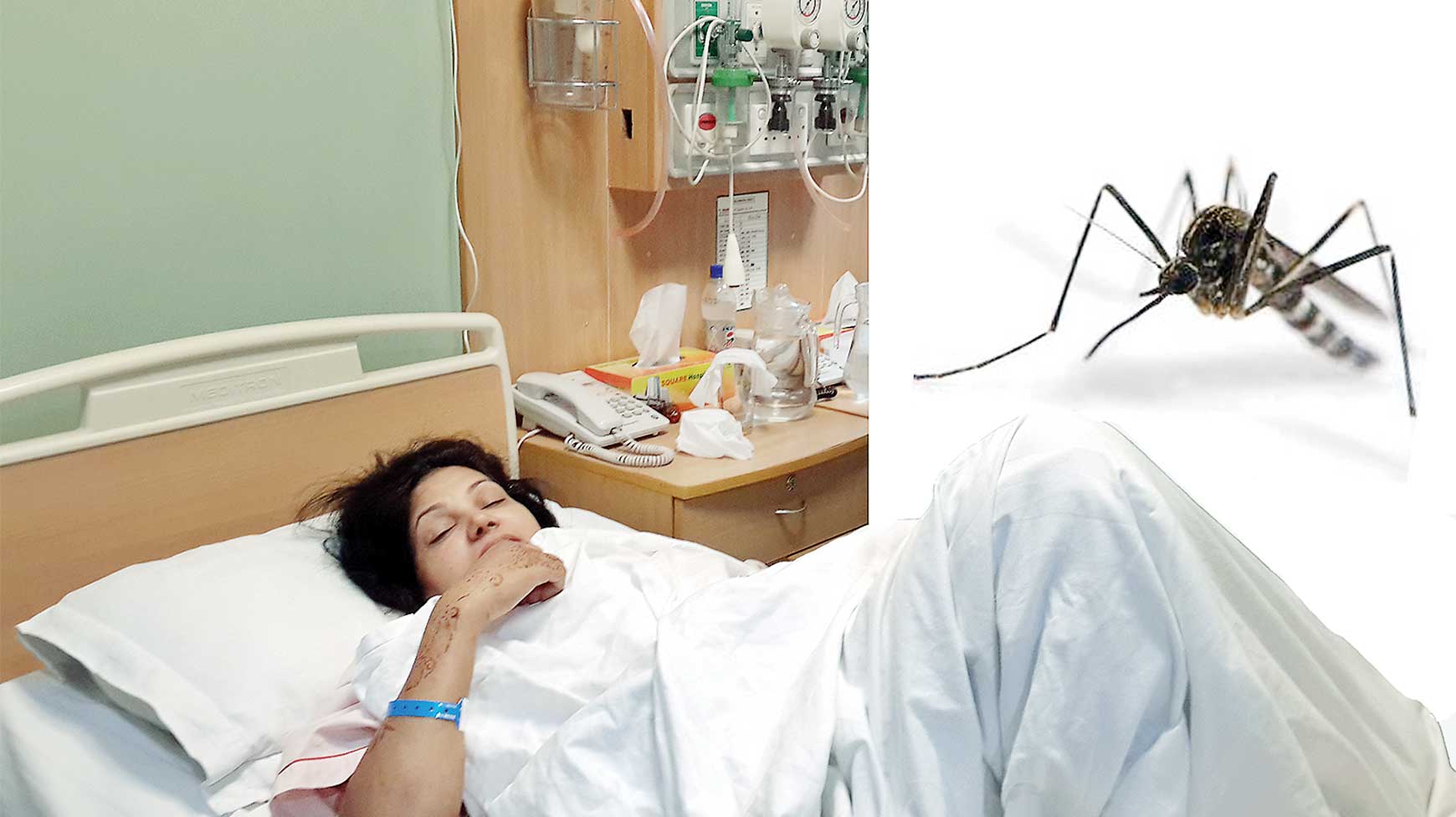


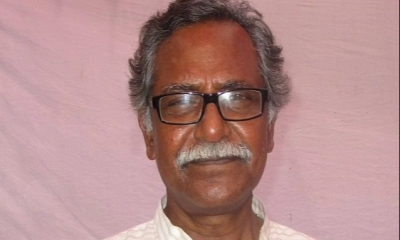
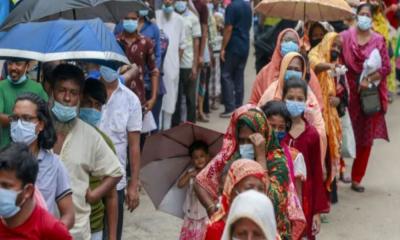

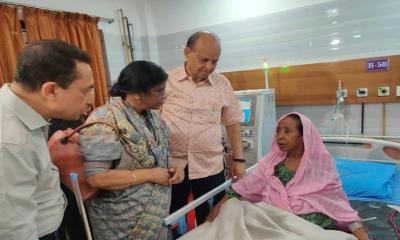


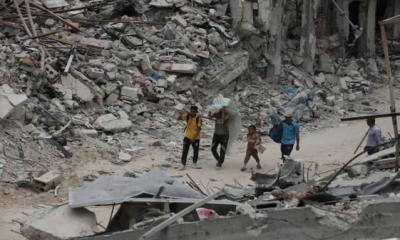

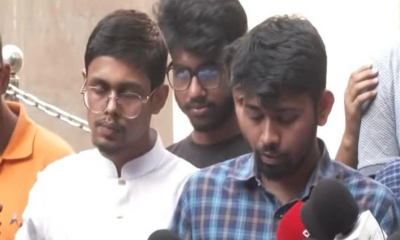


-20240430063745.jpg)






